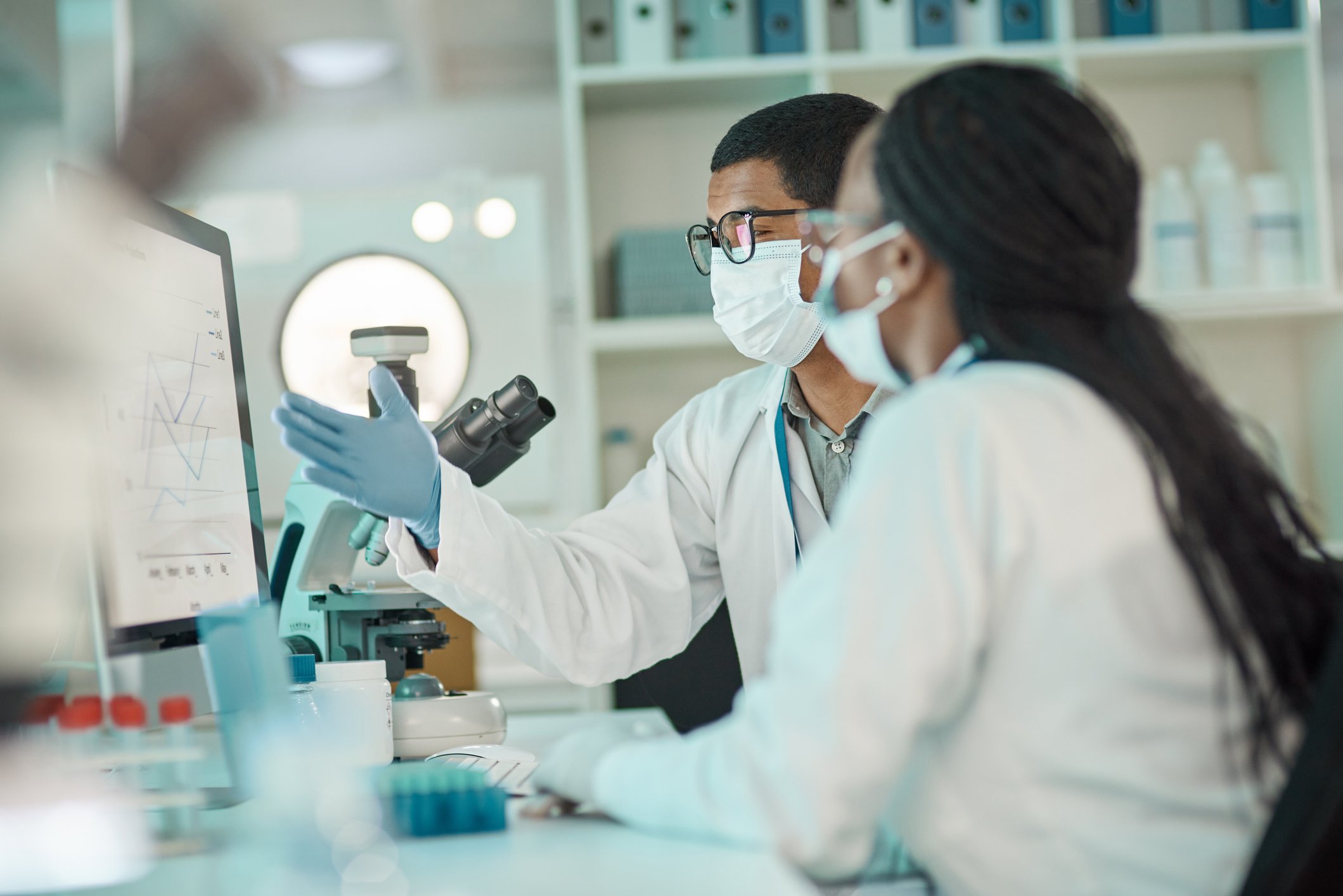bluebird bio (BLUE +0.00%) released earnings on Wednesday, but investors needn't care about the company's profit/loss statement. About the only thing important in the release was the amount of cash the biotech has left -- a hair over $900 million. bluebird bio's management usually doesn't even bother holding a conference call after its releasing earnings.
But it did this quarter. Well, technically, it was the day after, because that's when the abstracts for the American Society of Hematology (ASH) Annual Meeting were scheduled to be released.
bluebird bio has six presentations at ASH: three on LentiGlobin BB305, and three on its CAR T program. Given that the CAR T program still isn't in the clinic yet, the abstracts on LentiGlobin BB305 are orders of magnitude more important.
You'll recall that LentiGlobin BB305 is being tested in two different diseases -- beta-thalassemia major and sickle cell disease. There are currently three trials under way:
- Northstar Study that enrolled only beta-thalassemia major patients.
- HGB-205 that has both beta-thalassemia major and sickle cell disease patients.
- HGB-206 that enrolled only sickle cell disease patients.
Good news
Four beta-thalassemia major patients in the Northstar Study with the non-β0/β0 genotype have been transfusion-free for between 171 and 396 days.Two beta-thalassemia major patients in the HGB-205 that have the β0/βE have also been transfusion-free for at least 15 months.
The one sickle cell patient in HGB205 whom we first learned about at the Annual Congress of the European Hematology Association remains transfusion free and is producing a little more anti-sickling hemoglobin than previously reported.
Bad news
The Northstar Study also enrolled three beta-thalassemia major patients with the β0/β0 genotype that doesn't make any hemoglobin. Treatment with LentiGlobin BB305 doesn't seem to have cured these patients, because two patients have received a transfusion since being treated, and the third remains transfusion-dependent.
No news
The abstract for the presentation of data from the HGB-206 has no useful information because it had to be submitted months ago. The only thing it says is that, as of the end of July, one sickle cell patient had been infused and product had been made for two patients. We'll get an update on those patients -- and perhaps others that were infused since then -- at the ASH meeting next month.
In its earnings press release, bluebird bio announced that it was increasing the number of patients who will be enrolled in the trial from eight to 20. Chief medical officer Dave Davidson gave a little more color on the decision: "Additional patients will provide more data and give us additional options in terms of discussions with the regulatory authorities and give us more insight into the risk/benefit of LentiGlobin in sickle cell disease. And so, given the way the program is tracking, it seems like a good modification of the program right now."
Reading between the lines, the expansion is probably a good sign because there wouldn't be much reason to expand the trial if the data wasn't good.
Looking forward
It's disappointing that LentiGlobin BB305 doesn't seem to be curing patients with the β0/β0 genotype, but it isn't the end of the world.
Sickle cell disease offers a larger opportunity than beta-thalassemia major, albeit with competition from the likes of Global Blood Therapeutics (GBT +0.00%). There's plenty of opportunity for bluebird bio and Global Blood Therapeutics to share the market, with bluebird bio taking the more severe patients and Global Blood Therapeutics taking the less severe ones.
But that'll happen only if LentiGlobin BB305 can cure sickle cell disease. So far the data looks good, and there's no reason to think the failure to cure hard-to-treat beta-thalassemia major patients is a sign that the same will occur in sickle cell patients.






